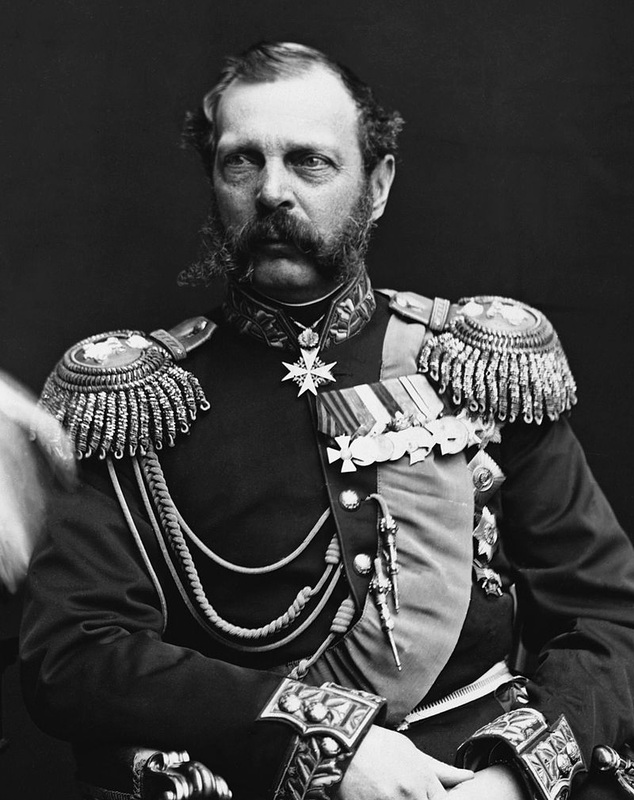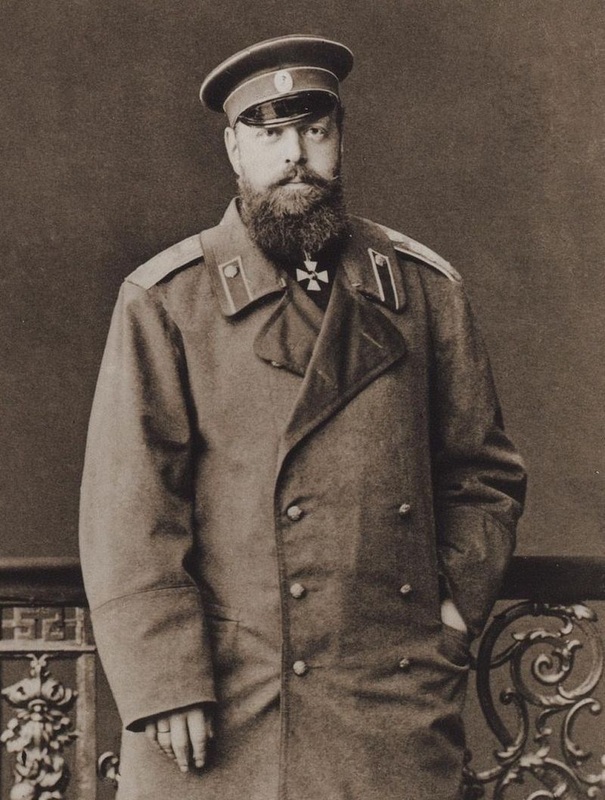History > Privileges Lost
Privileges Lost - 1871 and 1874
“Until 1871, an upward movement in all areas of life among German-Russians was to be noted. There was a growth of prosperity which found its expression in the acquisition of land; the cultural condition also improved (well developed school system, cultural associations). But it was precisely this progress that became a thorn in the eye of pan Slavic circles. A movement arose which opposed the further expansion of the Germans in Russia. The German minority was regarded as a foreign factor of a cultural and economic kind within the national body politic, and this, it was felt, had to be opposed. On June 4, 1871, these circles succeeded in bringing about the abrogation of the Codex of the Colonists that had assured them certain important rights at the time of settlement. Thereby the era of self-administration came to and end, and the colonists were made subject to the Russian Ministry of the Interior.”
Karl Stumpp
The German-Russians: Two Centuries of Pioneering (1967)
On June 4, 1871, the Imperial Russian Government issued a decree repealing many of the privileges granted to the German colonists promised by the Manifestos of Catherine II and Alexander I. On June 16, 1871, the self-government of the German colonies was abolished, and they became subordinate to the Russian political administration.
On January 13, 1874, the Imperial Russian Government issued a second decree, which amended the decree of June 4, 1871. The second decree instituted compulsory military conscription for the German colonists. Fear spread to many German households that their sons would be subjected to military conscription. That fear was soon realized as the first group of men from Norka were conscripted later that year. The resulting disaffection with the change in government policies motivated many Protestant Volga Germans to immigrate (beginning in 1875) to the United States and Canada, while many Catholics chose Brazil and Argentina.
According to Johannes Preisendorf, nine people from Norka were deported to Siberia on May 7, 1874. Their names are unknown. Their banishment may have been related to the recent loss of privileges.
At the time of the decrees, the Kontora (the Saratov Office for the Guardianship of Foreign Settlers) was discontinued. The Volga Germans were subject to the same paternalistic and bureaucratic provincial administration imposed on the Russian peasants.
Alexander II also repealed his ancestors' open-door immigration policy, effectively ending any new German immigration into the Empire. Although the German colonies continued to expand, they were driven by natural growth.
After 1881, under Tsar Alexander III, ethnic Germans were required to study Russian in school and lost all their remaining special privileges. Despite losing privileges, many Germans remained in Russia, particularly those who had done well, as Russia began to industrialize in the late 19th century. Russian Germans were disproportionately represented among Russia's engineers, technical tradesmen, industrialists, financiers, and large landowners, creating resentment amongst the Russian population.
The abrogation of the privileges granted to the colonists directly resulted from an increase in anti-German sentiments within Russia driven by fears about the newly unified and increasingly powerful German Empire under Kaiser Wilhelm II.
According to Johannes Preisendorf, nine people from Norka were deported to Siberia on May 7, 1874. Their names are unknown. Their banishment may have been related to the recent loss of privileges.
At the time of the decrees, the Kontora (the Saratov Office for the Guardianship of Foreign Settlers) was discontinued. The Volga Germans were subject to the same paternalistic and bureaucratic provincial administration imposed on the Russian peasants.
Alexander II also repealed his ancestors' open-door immigration policy, effectively ending any new German immigration into the Empire. Although the German colonies continued to expand, they were driven by natural growth.
After 1881, under Tsar Alexander III, ethnic Germans were required to study Russian in school and lost all their remaining special privileges. Despite losing privileges, many Germans remained in Russia, particularly those who had done well, as Russia began to industrialize in the late 19th century. Russian Germans were disproportionately represented among Russia's engineers, technical tradesmen, industrialists, financiers, and large landowners, creating resentment amongst the Russian population.
The abrogation of the privileges granted to the colonists directly resulted from an increase in anti-German sentiments within Russia driven by fears about the newly unified and increasingly powerful German Empire under Kaiser Wilhelm II.
The manifesto of Catherine
meant this to Germans inwardly:
To plant and harvest bread and wine
As colonists for an empress fine.
Our fatherland to leave behind,
to Russian lands we're now consigned.
The Russians envied our living here,
because our freedom was long so dear,
they schemed until they brought us hence
to where our colonists days would end.
Aye, colonists no longer we,
arms we must bear, they did agree.
Yes, envy brought this quite complete!
The manifesto destroyed with much deceit!
From German land we've reached this state
to live as Russians is our fate.
-- English translation of a popular Volga German song composed after the reforms of 1871-1874
Sources
Long, James. From Privileged to Dispossessed. Lincoln, Nebraska: U of Nebraska, 1988. 17. Print.
Preisendorf, Johannes. "Auszüge aus der Chronik der Kolonie Norka and der Wolga." Der Kirchenbote. Date Unknown. 6-7.
Sinner, Peter. Germans in the Land of the Volga. Lincoln, Neb.: American Historical Society of Germans from Russia, 1989. Print.
Wikipedia.com
Preisendorf, Johannes. "Auszüge aus der Chronik der Kolonie Norka and der Wolga." Der Kirchenbote. Date Unknown. 6-7.
Sinner, Peter. Germans in the Land of the Volga. Lincoln, Neb.: American Historical Society of Germans from Russia, 1989. Print.
Wikipedia.com
Last updated November 19, 2023

